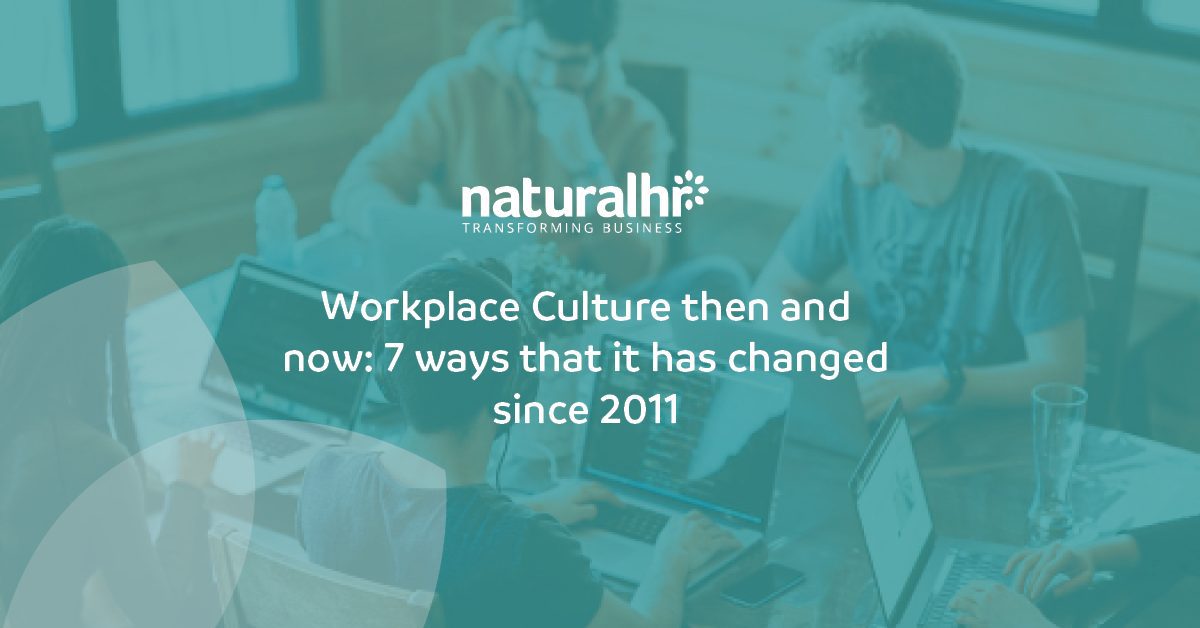



After one of the most turbulent years in this generation’s history, hopeful HR leaders embarked on a journey in 2021 seeking calmer waters for their profession, their businesses and importantly, their people. While the world of work changed for good, the people profession had to evolve too. As businesses the world over experienced seismic shifts in perspective and priorities, HR teams led the charge in championing the human element of work to effectively balance productivity with employee engagement, satisfaction and happiness at a time that saw us more separated than ever. 2021 was a whirlwind for HR. It’s fair to…

Since 2011 the world has experienced a lot of changes, and the UK was no different. We’ve had three prime ministers, a Brexit Referendum and a national debate on naming an Ice research vessel, to name just three examples, but there have also been massive changes in the UK’s workplace culture. In this article, we’ll be looking at seven ways the UK’s workplace culture has changed since 2011. While some of these changes result from technology development, others have come about because of shifting perspectives and expectations in the workforce. Even more, have come as the result of the introduction…

Since the start of the pandemic, employees from all across the globe have begun transitioning into new ways of working and connecting with their colleagues. However, with abrupt changes comes an even bigger impact on company culture. With HR at the heart of a business’ response to disruption, there will undoubtedly be a new remodelling structure in place to factor in remote working and trimming services while at the forefront of these modifications, comes risk to workforce morale. In response, a positive outlook becomes more crucial than ever before. Maintaining organisational culture and focusing on your values will provide the…

Unless you’ve been buried under paperwork for the last decade (entirely plausible in the HR world), you’re bound to be at least vaguely familiar with the concept of ‘Agile’ project management. Agile methodology was the brainchild of software engineers in the 70s and 80s, developed as a way to speed up their development projects. It was founded on the principles of collaboration and iteration – breaking down large, complex projects into shorter work cycles, delivered by multi-functional teams. Agile has since been adopted by all kinds of different industries and is now one of the most widely recognised project management…


Latest Posts